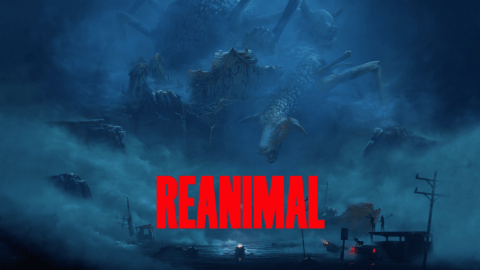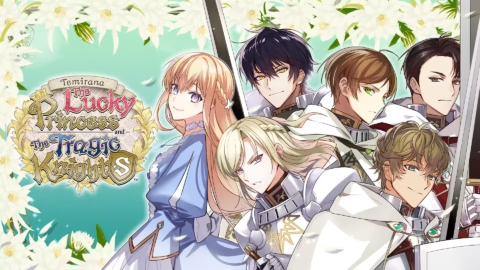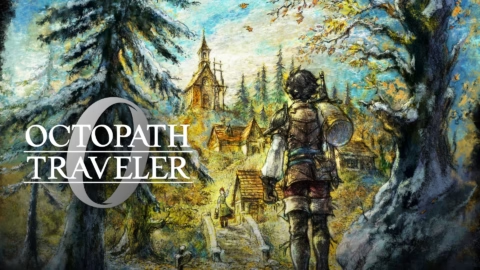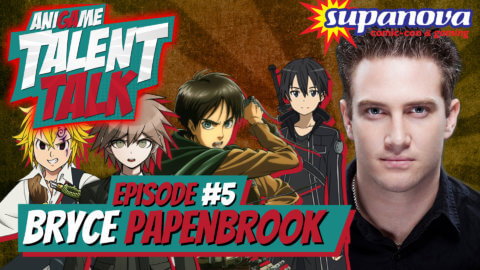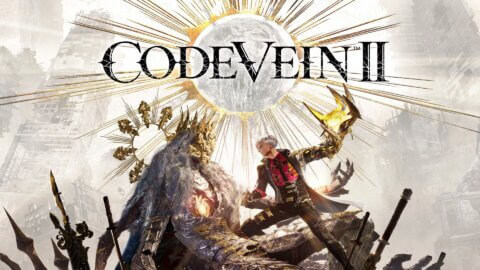I’ve been a big fan of Mages for a while now. They have this knack for creating visual novels that stick with me long after the credits roll. Steins;Gate is still one of my all-time favorite pieces of interactive storytelling, and more recently, Emio – The Smiling Man floored me with its dark atmosphere and gut-punch twists. So when I saw that Iwakura Aria was coming to the Nintendo Switch, I knew I had to dive in, especially given it’s Mages’ first new IP in around a decade. I went in expecting a certain level of narrative quality, painterly visuals, and that signature Mages mix of science fiction, mystery, and human drama. What I got was a visual novel that doesn’t quite reach the heights of their absolute best work, but still manages to be a deeply enjoyable ride that I’d recommend to any fan of the genre.

Set in the summer of 1966, a time when Japan was rapidly modernising, Iwakura Aria casts you as Kitagawa Ichiko, an orphaned young woman drifting from job to job, her only friend her sketchbook. When a gentleman named Iwakura Amane takes an unlikely interest in one of her drawings during a charity sale, he invites her to become a maid for his daughter, Aria, at the Iwakura estate. Accepting hesitantly, Ichiko enters a world of elegant confinement, where nothing is quite what it seems. The mansion is suffused with suspicion, rumors and physical curiosities and the disposition of its inhabitants suggest dark undercurrents. As Ichiko settles in, her relationship with Aria becomes the story’s emotional core, a delicate bond marked by longing, expectations, and the push-pull of power and vulnerability. This summer suspended between belonging and isolation, care and cruelty begins to shape not just their fates, but the very identity of the Iwakura household.
For anyone unfamiliar, Iwakura Aria is a visual novel through and through. That means the core of the experience isn’t about twitch reflexes or complex combat systems, but about reading, making choices, and immersing yourself in dialogue and narrative flow. You’re not playing in the traditional sense so much as experiencing a story.
That said, Iwakura Aria does have moments where it lets you explore beyond clicking through text. At certain points, you can choose where to go in town, what locations to investigate, and which characters to interact with. It’s not as open-ended as a role-playing game, but it adds a welcome layer of agency that makes you feel more connected to the world. It scratches that curiosity itch, do I go to the kitchen and strike up conversation with the chef? Or drop by an unexplored room within the mansion and see what can be discovered? These small moments of control make the narrative feel a bit more interactive than many straight kinetic visual novels, and does also let you shift the story in meaningful ways and guide you towards one of the game’s numerous endings.

The first thing that struck me was the the game’s art. Iwakura Aria is gorgeous. Instead of sticking to a crisp anime aesthetic, the game opts for a painterly, almost oil-brushed style that gives every scene texture and warmth. Characters have expressive designs that feel both grounded and dreamlike, while the backgrounds often look like living illustrations.
The CGs are some of the highlights of the entire experience. They add real weight to dramatic beats. A sudden reveal, a quiet emotional moment, or a burst of chaos. It’s one thing to read about a shocking turn, but when it’s paired with a splash of artwork that feels like it could hang in a gallery, it elevates the moment tenfold and really highlights the strengths that this form of storytelling can offer over a traditional book. It is a ‘visual’ novel after all.
If you’ve played Steins;Gate or Emio – The Smiling Man, you probably expect a labyrinth of twists that keep you guessing until the very last second. Iwakura Aria definitely has its surprises. There are several points where I literally sat back, eyebrows raised, because the story zagged in a direction I didn’t see coming. That said, the twists here don’t quite hit the same highs as Mages’ most iconic titles. They’re good, sometimes great, but not mind-blowing. Especially given that some of the game’s biggest reveals come at a point in the story that isn’t typically where you’d have it take place, leaving me expecting something even bigger towards the climax, which unfortunately didn’t come. The story still kept me engaged, though. It’s the kind of narrative that rewards paying attention and thinking about character motivations. By the time the game reached its climax, I was satisfied, even if I wasn’t floored.

Where Iwakura Aria really shines is in its characters. The cast is varied, and almost every character gets a moment to shine. Dialogue feels natural and layered, with enough personality that even side characters avoid coming off as flat archetypes even though it is a story with a relatively small cast. The writing gives everyone quirks and edges, which makes their relationships feel alive.
The Ichiko herself in particular is well written the internal narration is thoughtful without being melodramatic, and you get a clear sense of how she wrestles with the strangeness around her and how her relationship with Aria develops. It’s easy to put yourself in her shoes, and that investment goes a long way in making the game’s heavier scenes hit harder.
The soundtrack is understated but excellent. It leans heavily on atmospheric tracks with strings, piano, and ambient tones that blend seamlessly with the painterly visuals. During tense sequences, the score ramps up in a way that feels organic rather than intrusive. The opening theme, in particular, stuck with me, it captures the melancholy, mysterious tone of the story perfectly.
Voice acting (in Japanese) is strong across the board, with performances that match the emotional range of the writing. I found myself often letting the characters’ voices play out fully instead of fast clicking, just to appreciate the delivery and immerse myself in the story and performances.

While the story is the star, I really appreciated the little quality of life systems that make visual novels smoother to experience. You can control text speed, set auto-play or skip modes, and fine-tune audio levels for voice, music, and effects. The log feature is especially handy as it lets you scroll back through previous dialogue, which is great if you missed a line or want to reconsider a choice. Even better, the game makes it incredibly easy to roll back to an earlier point, so chasing different endings doesn’t feel like too much of a chore.
On my first playthrough, I clocked about 14 hours, which felt just right. Many visual novels drag on for 40 or 50 hours, and while those can be rewarding, they often test my patience. Iwakura Aria keeps its pacing lean. It does start slow, I’d say the first couple of hours are more setup than payoff, but once the gears start turning, it rarely loses momentum. Importantly, it doesn’t overstay its welcome.
My one gripe on the quality of life side, there’s no option to increase text size. Playing in handheld mode, I sometimes found myself wishing the text was slightly easier to read. For a game where you spend 99% of the time reading, that feels like a small but significant oversight.
While I enjoyed the story overall, I felt that the game’s mysteries peaked too early. The opening hours had me completely hooked with strange events and unanswered questions, but toward the end, things felt a bit less sharp. I wanted more layers of intrigue, more puzzles to untangle, and more of that creeping sense of unease and mystery that the beginning nailed so well.
It’s not that the ending is bad by any means, it’s just that it doesn’t fully match the promise of the first act. In a Mages title, I expect the finale to blow the doors off, and here it’s more of a strong exhale than an explosion.

Final Thoughts
Iwakura Aria may not be Mages’ best visual novel, but it’s still a strong, memorable entry that showcases what the studio does so well. Compelling characters, painterly art, and a story that balances grounded emotion with larger mysteries. The quality of life features make it easy to explore multiple endings, the soundtrack and voice acting elevate the writing, and at 14 hours, it’s a digestible yet substantial experience.
If you’re new to visual novels, this might be a good entry point thanks to its manageable length and approachable narrative. If you’re already a fan of Mages, you’ll find plenty here to enjoy, even if it doesn’t reach the masterful heights of Steins;Gate.
For me, it was time well spent. Iwakura Aria reminded me why I love visual novels. They’re about immersion, about living inside someone else’s story for a while. And while this story may not redefine the genre, it left me satisfied, thoughtful, and ready to see what Mages cooks up next.
A Nintendo Switch review code was provided by the publisher for the purpose of this review.
If you want to see more content like this and never miss one of our frequent gaming and anime giveaways come and Follow Ani-Game on Twitter.
8
- + A good story overall that achieves a lot with a small cast of characters
- + Beautiful visuals
- + A soundtrack that complements the game’s tone well
- + The ability to jump back to earlier points in the story via the story log is helpful
- - The biggest mysteries peak to early
- - Text can be slightly too small at times when playing in handheld
